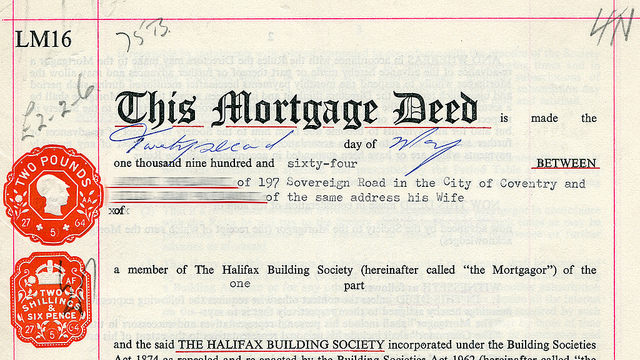Deed vs Agreement
The difference between a deed and an agreement is subtle, which leads to some contracts being labeled as agreements while others are referred to as deeds. Both deed and agreement are commonly encountered terms in the context of contracts between individuals and parties. Whether you are buying property, entering into a partnership, becoming a franchisee of a company, or buying stocks of a company, you sign documents to contain details of the contract between you and the other party. However, the systems in every country determine the legality of such documents as to whether they can be challenged in courts in case of disputes between parties. The difference in legality is what separates agreements and deeds, with deeds being enforceable in courts to settle disputes while agreement mostly being only a mutual understanding between two parties. This article attempts to further highlight the difference between deed and agreement to help the readers decide the document they require in a particular circumstance.
Understanding Agreements
Imagine you have borrowed money from your friend at an interest of 24% payable per annum, and there are no papers made in this regard, and the agreement is between friends and verbal only. After some time, your friend asks for an amount in the form of interest that is not reasonable and correct according to you. You find that you cannot challenge your friend’s contention in courts as there is no legal document in your possession to appeal in a court of law. Even if you have it written on a piece of paper, it is still an agreement that is useless in case of a dispute.
Defining Deeds
In contrast, a deed is a special document that binds two parties and clearly explains their rights and duties. The commitments and obligations are clearly defined in a deed, and the instrument or the document is testified in front of an attorney, which implies that the instrument or deed as it is referred to in legal circles is enforceable in a court of law. Some common examples of documents that are legal and binding upon parties are indemnity deed, deed of termination, LC, and guarantees of various kinds.
This distinction is essential in cases where there may be situations of dispute. Suppose you buy an electronic product from a retailer and then the appliance develops a snag within the warranty period. You have the invoice duly signed by the retailer with you, which is what can become a basis for your claim in a court of law if the shopkeeper and the manufacturer refuse to listen to your legitimate grievances.
Key Takeaways
- An agreement is a mutual understanding between two parties that may be written or verbal. It may not be enforceable in a court of law.
- A deed is a legal instrument that contains all rights and obligations of parties entering the contract and is legally binding on both parties.
- A deed must be signed, sealed, and delivered to become a legal instrument.
